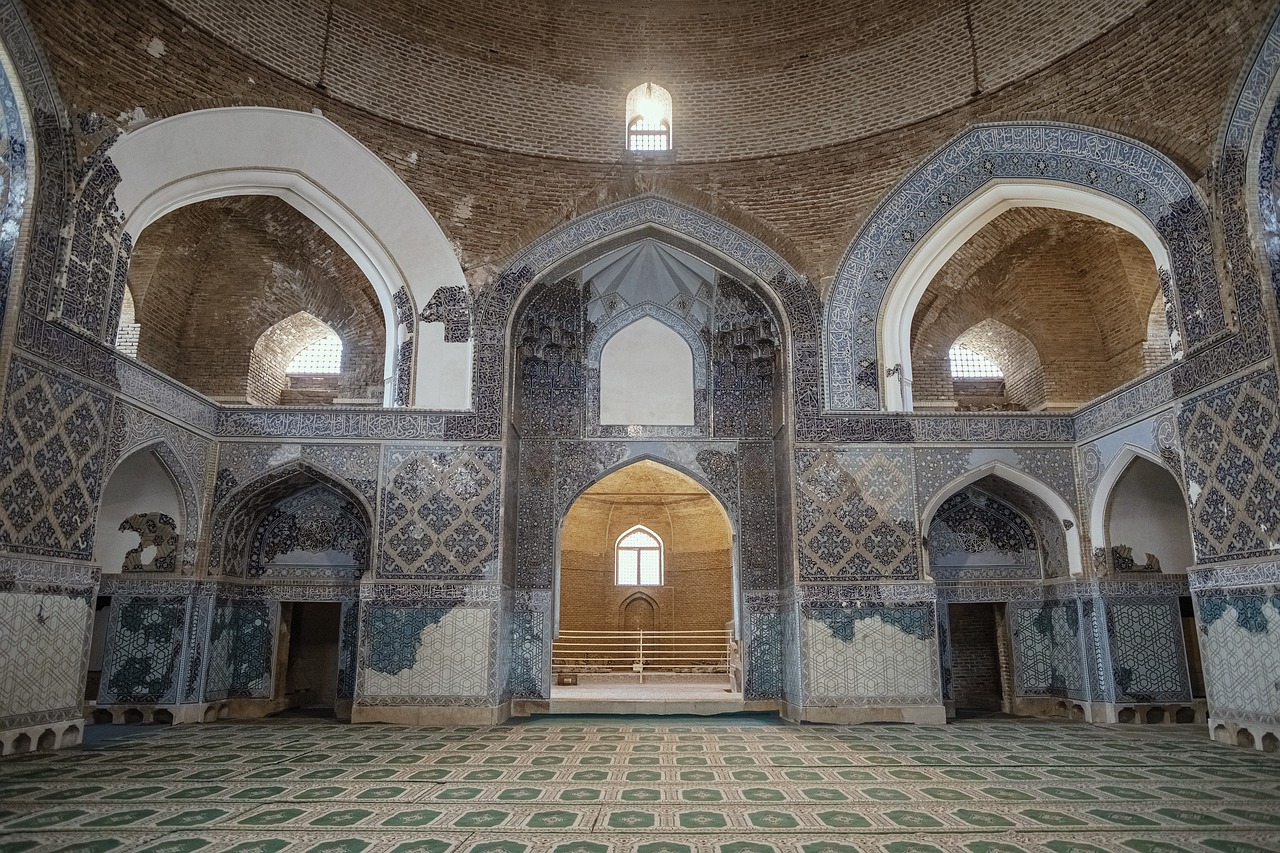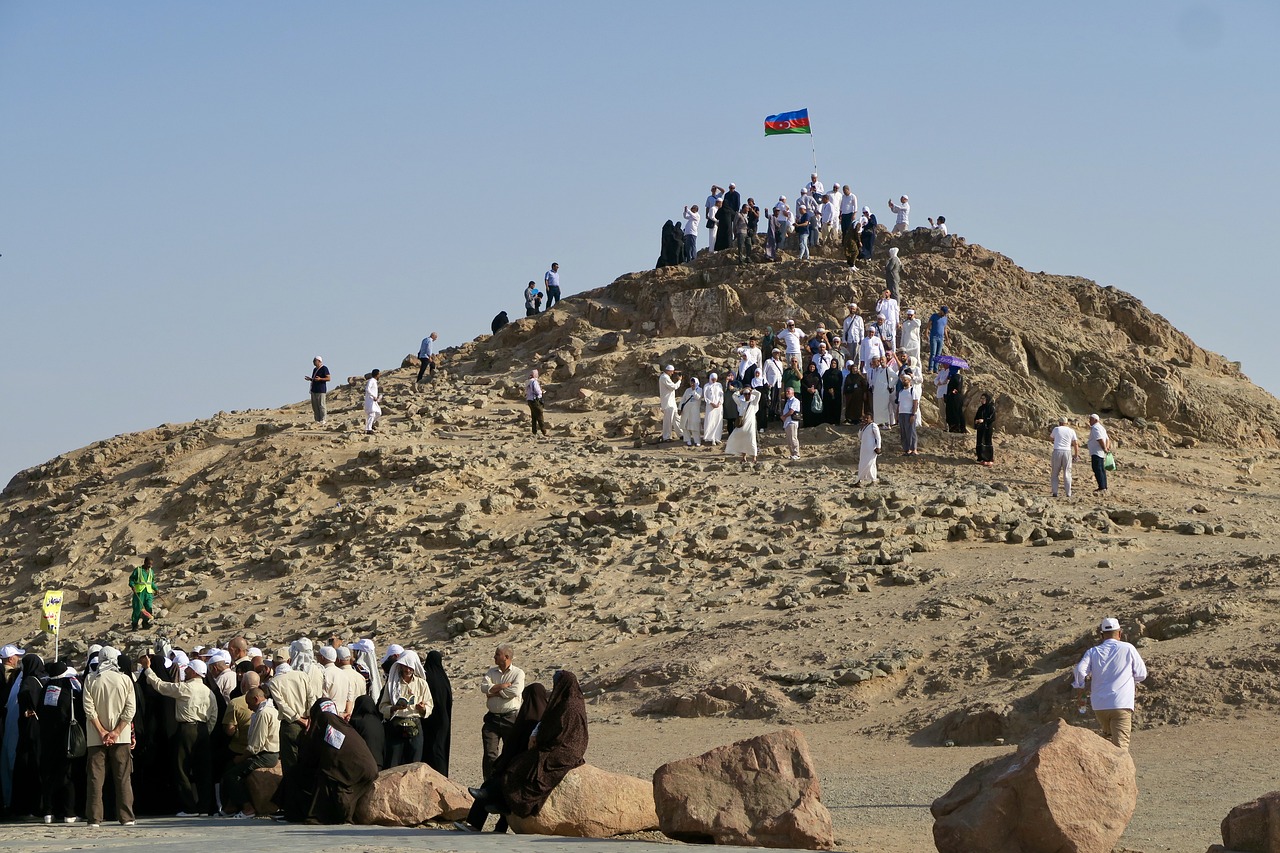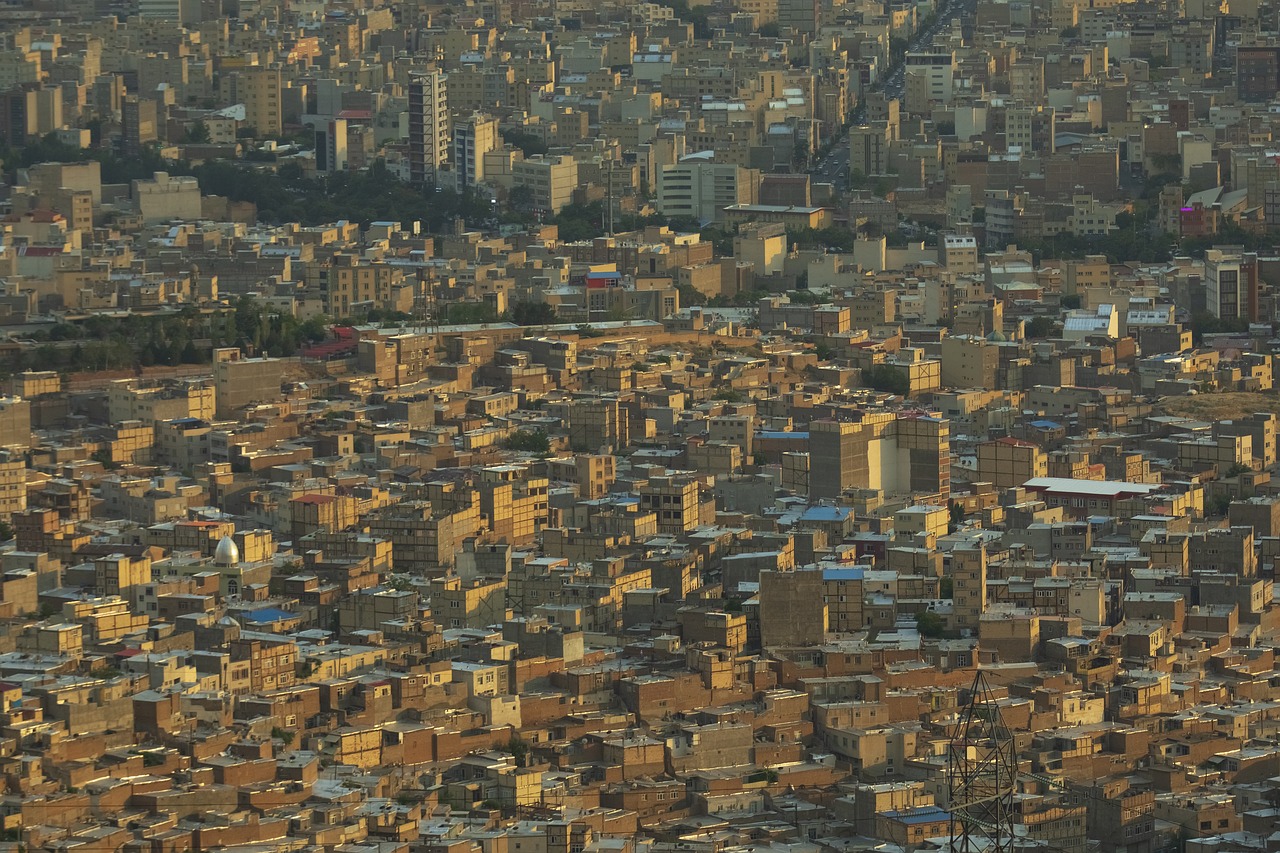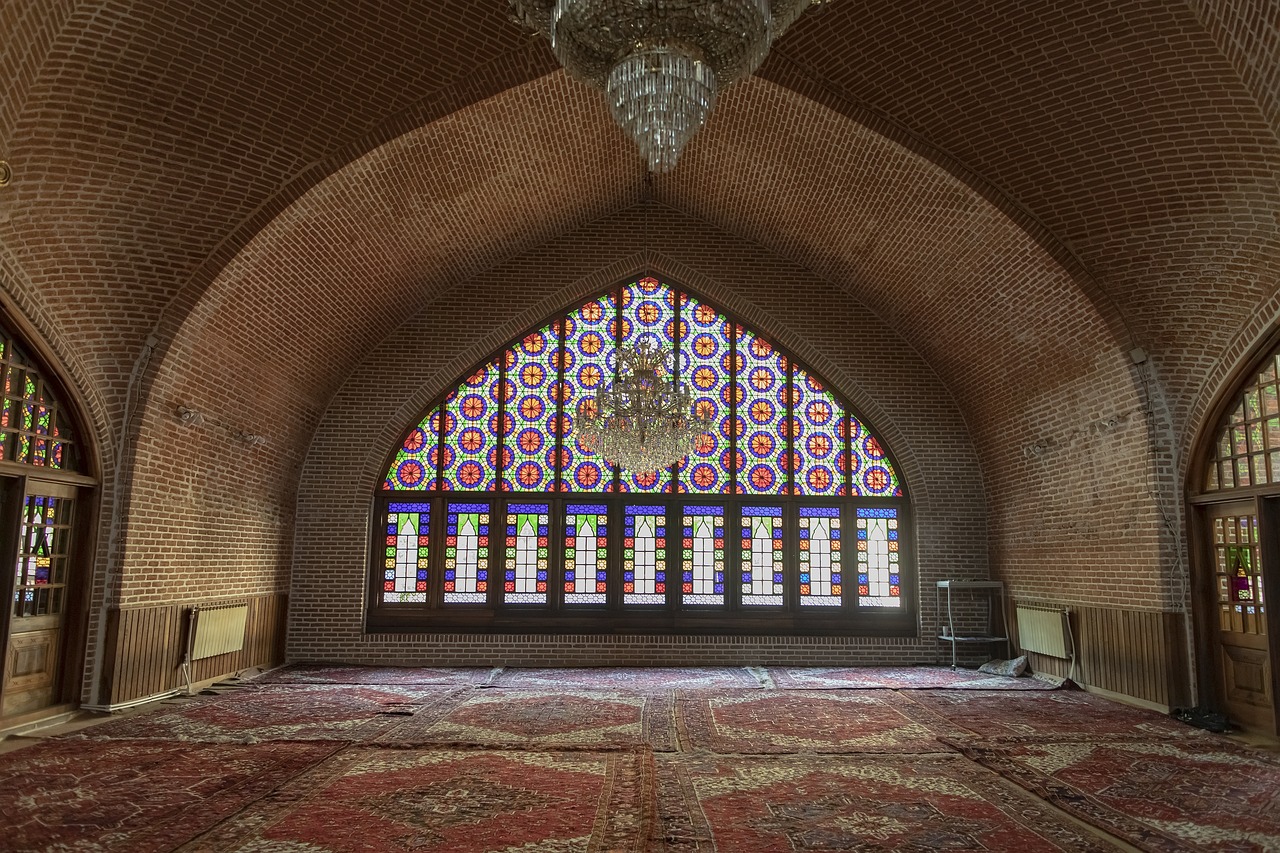Azerbaijan Video
Cultural Sensitivities: Understanding Local Norms in Azerbaijan
Azerbaijan, the Land of Fire, is a country rich in cultural heritage and traditions. As a visitor, it is essential to understand and respect the local norms to have a meaningful and enjoyable experience. This article aims to provide a comprehensive guide to the cultural sensitivities in Azerbaijan, covering various aspects of daily life, customs, and traditions.
Greetings and Etiquette
When meeting someone in Azerbaijan, it is customary to greet with a firm handshake, direct eye contact, and a warm smile. Men may often greet each other with a hug and a pat on the back. It is important to address people by their proper titles, using “Mr.” or “Ms.” followed by their last name. Respect for elders is highly valued, and it is customary to greet them first.
- Handshakes: Handshakes are the most common form of greeting. Maintain eye contact and offer a firm handshake.
- Titles: Address people by their appropriate titles, such as “Mr.” or “Ms.”, followed by their last name.
- Respect for Elders: Show respect to elders by greeting them first and using polite language.
- Gift Giving: When invited to someone’s home, it is customary to bring a small gift, such as sweets or flowers.
- Dining Etiquette: Wait for the host to start eating before you begin. It is polite to try a bit of everything served.
Azerbaijan Image 1:

Religion and Customs
Azerbaijan is predominantly a Muslim country, with the majority of the population practicing Shia Islam. However, the country is known for its religious tolerance and diverse cultural heritage. It is essential to respect religious customs and traditions while visiting mosques or other religious sites.
- Mosques: When visiting mosques, it is important to dress modestly, remove your shoes, and respect the prayer times.
- Ramadan: During the holy month of Ramadan, Muslims fast from sunrise to sunset. It is respectful to avoid eating, drinking, or smoking in public during this time.
- Pilgrimage: Azerbaijan is home to several religious pilgrimage sites, such as the mausoleum of Nizami and the Heydar Mosque. Respect the sanctity of these places and follow any specific rules or guidelines.
- Respecting Traditions: Be mindful of local customs and traditions, such as removing your shoes before entering someone’s home or accepting food or drinks with your right hand.
- Photography: Always ask for permission before taking photographs of individuals or religious sites.
Language and Communication
The official language of Azerbaijan is Azerbaijani, also known as Azeri. While English is spoken in major cities and tourist areas, it is always appreciated to learn a few basic phrases in the local language.
- Basic Phrases: Learn simple greetings and expressions like “hello,” “thank you,” and “goodbye” in Azerbaijani.
- Non-Verbal Communication: Pay attention to non-verbal cues such as body language and facial expressions, as they play a significant role in communication.
- Translation Services: If you require assistance, consider using translation services or apps to communicate effectively.
- Respectful Tone: Speak in a respectful and polite tone, especially when interacting with elders or people in positions of authority.
- Smiling: A warm smile can go a long way in establishing a friendly connection with locals.
Azerbaijan Image 2:

Dress Code and Attire
Azerbaijan has a relatively conservative dress code, especially in rural areas and religious sites. While in urban areas, people tend to dress more casually, it is advisable to dress modestly and respectfully, particularly when visiting religious sites or attending formal events.
- Modesty: Dress modestly, avoiding revealing clothing or excessive skin exposure.
- Head Coverings: Women may be required to cover their heads when entering mosques or religious sites. It is recommended to carry a scarf or shawl for such occasions.
- Formal Attire: For formal events or business meetings, it is customary to dress smartly, with men wearing suits and women opting for conservative dresses or suits.
- Beach Attire: When visiting beaches or swimming pools, wear appropriate swimwear and cover up when leaving the water.
- Local Fashion: Embrace the local culture by exploring traditional Azerbaijani clothing, such as the national dress, called “chokha.”
Food and Dining
Azerbaijani cuisine is diverse and flavorful, with influences from various regions. Dining experiences in Azerbaijan are often communal and centered around hospitality. Understanding the dining etiquette will enhance your culinary journey.
- Plov: Try the national dish, plov, a flavorful rice pilaf often prepared with meat, vegetables, and aromatic spices.
- Tea Culture: Tea is an integral part of Azerbaijani culture. Accepting a cup of tea is a gesture of hospitality.
- Bread: Bread holds great importance in Azerbaijani cuisine. It is customary to break bread with your right hand.
- Sharing Meals: Azerbaijani meals are often shared, with dishes placed in the center of the table for everyone to enjoy.
- Guest Etiquette: As a guest, it is polite to compliment the host’s cooking and try a bit of everything served.
Azerbaijan Image 3:

Gender Roles and Social Interactions
Azerbaijan has a traditional society with defined gender roles and social interactions. Understanding these dynamics will help you navigate social situations with respect and sensitivity.
- Gender Equality: While progress has been made, traditional gender roles still exist. Respect local customs and avoid behavior that may be considered inappropriate.
- Public Affection: Public displays of affection are generally not common and may be frowned upon in certain settings.
- Personal Space: Respect personal space and avoid invading someone’s personal bubble during conversations.
- Politeness: Use polite language and be courteous in all interactions, irrespective of gender.
- Invitations: When invited to someone’s home, it is customary to bring a small gift and remove your shoes before entering.
Festivals and Celebrations
Azerbaijan is known for its vibrant festivals and celebrations, which provide a glimpse into the country’s rich cultural heritage. Participating in these festivities will deepen your understanding of the local traditions.
- Novruz: Celebrate Novruz, the traditional Azerbaijani New Year, with music, dancing, and the lighting of bonfires.
- Goychay Pomegranate Festival: Join the annual Pomegranate Festival in Goychay, where locals celebrate the region’s famous pomegranates through music, dance, and culinary delights.
- International Mugham Festival: Immerse yourself in the mesmerizing world of mugham, a traditional Azerbaijani musical genre, during the International Mugham Festival.
- Sheki-Khans’ Palace Festival: Experience the grandeur of the Sheki-Khans’ Palace Festival, showcasing the rich history and architectural beauty of Sheki.
- Baku Jazz Festival: Enjoy world-class jazz performances during the Baku Jazz Festival, attracting renowned musicians from around the globe.
Conclusion
By understanding and respecting the cultural sensitivities in Azerbaijan, you can fully embrace the country’s rich traditions and create meaningful connections with the local people. From greetings and etiquette to religious customs and festivals, each aspect contributes to the unique tapestry of Azerbaijani culture. Remember to be mindful of your actions, dress modestly, and approach every interaction with respect and curiosity.
References
– Azerbaijan Tourism Board: www.azerbaijan.travel
– Lonely Planet Azerbaijan: www.lonelyplanet.com/azerbaijan
– Azerbaijan – Culture, Customs, and Etiquette: www.commisceo-global.com/resources/country-guides/azerbaijan-guide


